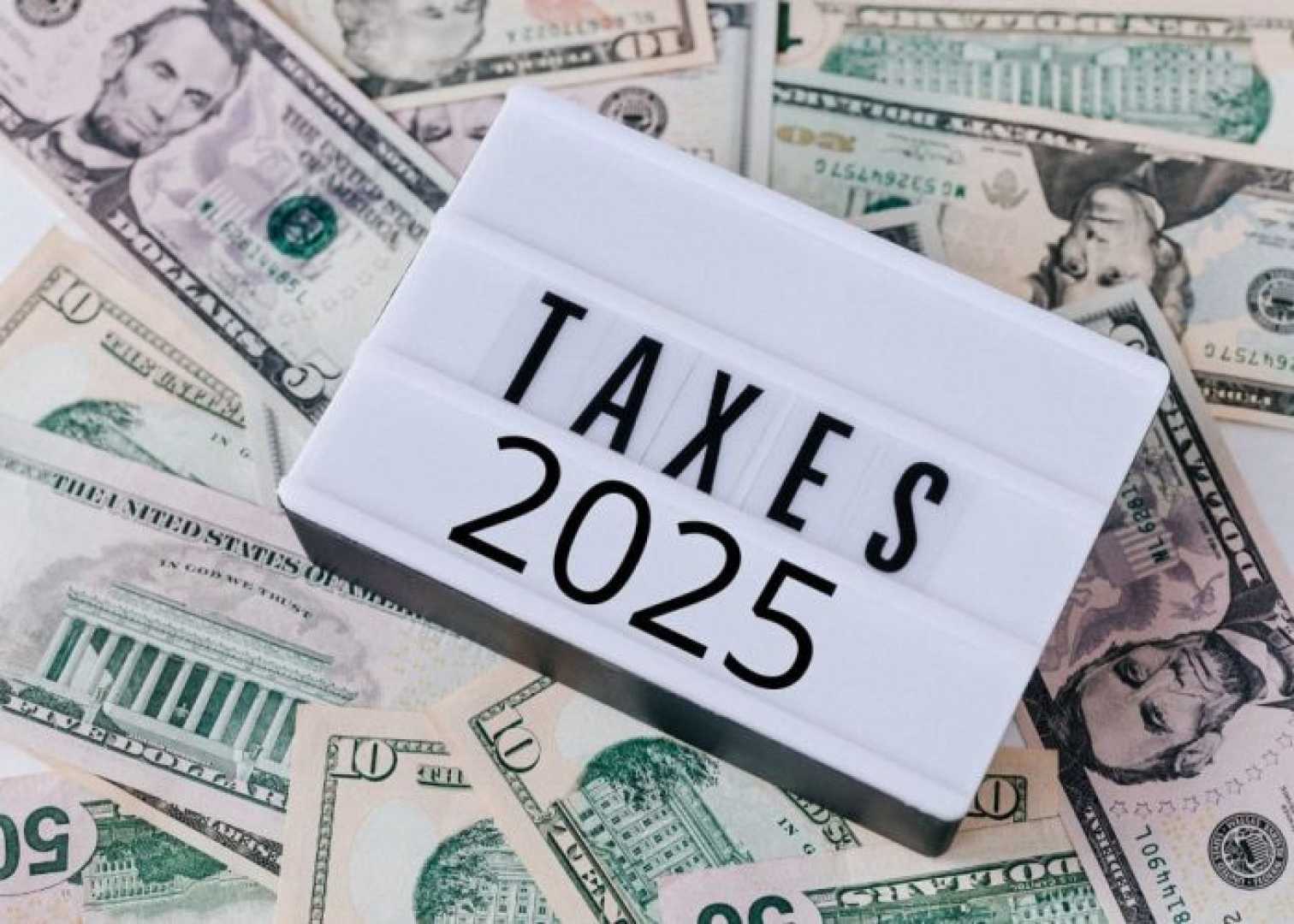Business
Tax Deadline Approaches: Key Information for Filers in 2025

WASHINGTON, D.C. — As taxpayers prepare for the impending April 15, 2025, deadline to file their 2024 federal income tax returns, it’s critical to understand the rules and potential penalties for late submissions. Filing accurately and on time can prevent interest and penalties from accruing rapidly.
According to the Internal Revenue Service (IRS), the deadline for individuals to file their tax returns is April 15, 2025. Taxpayers needing an extension can apply to file by October 15, 2025, but must still pay any taxes owed by the April deadline to avoid incurring additional fees.
“People often incorrectly assume that avoiding filing is better if they can’t pay. In reality, penalties for failing to file are significantly harsher than those for failure to pay on time,” explained Kevin Wolfe, a tax accountant and owner of Madison’s Accounting & Tax Services.
The IRS imposes a late filing penalty of 5% of any unpaid taxes for each month a return is overdue, capped at 25%. Additionally, there’s a late payment penalty of 0.5% of the balance due for each month the taxes remain unpaid, with a similar maximum limit. Once penalties compound, individuals could face serious financial ramifications.
For instance, the short-term interest rate set by the IRS is currently 4% for the first two quarters of 2025, translating to interest on unpaid taxes of 7%. This interest compounds daily, highlighting the urgency for taxpayers who have not yet filed or made payments.
If taxpayers fail to submit payment, they risk the IRS taking aggressive action. Possible consequences include wage garnishments, property liens, and in severe cases, the revocation of passports if the debt exceeds $62,000.
Tax experts advise that individuals should act quickly if they miss a deadline. “The key to minimizing penalties is to file as soon as possible. This not only reduces the penalties accrued but also opens the door to potential tax deductions and credits that might lower liabilities,” Wolfe said.
To avoid complications, individuals should gather essential documents, such as W-2s and previous returns, and consider filing for an extension if necessary. “Filing an extension will grant additional time to prepare your return, but remember that this does not extend the payment deadline,” Wolfe warned.
For taxpayers who are unable to pay their tax bill in full, the IRS provides several options. These include setting up an installment agreement to pay off the balance over time or exploring the Offer in Compromise program, which allows taxpayers to negotiate a settlement for less than the total amount owed.
Additionally, penalties can be abated under certain circumstances. Taxpayers experiencing hardships such as illness or destruction of important documents may request penalty relief by submitting Form 843 to the IRS.
Taxpayers are encouraged to make estimated payments when applicable, to avoid undue penalties in the future. The IRS sets quarterly estimated payment deadlines that must be adhered to in order to prevent any additional fees.
In summary, the looming deadline for tax returns is a critical time for taxpayers to act swiftly. Even if you have missed the April 15 deadline, taking proactive measures can significantly mitigate the fallout from late taxes.












